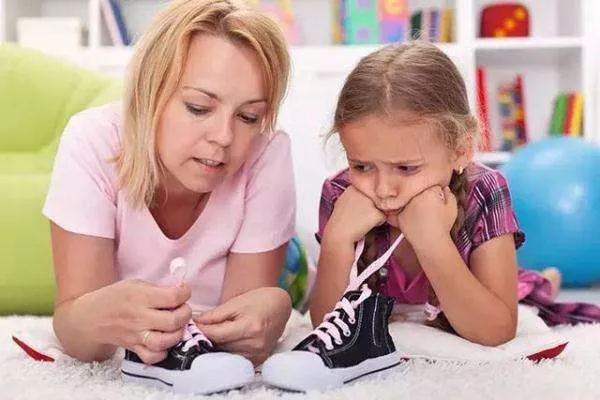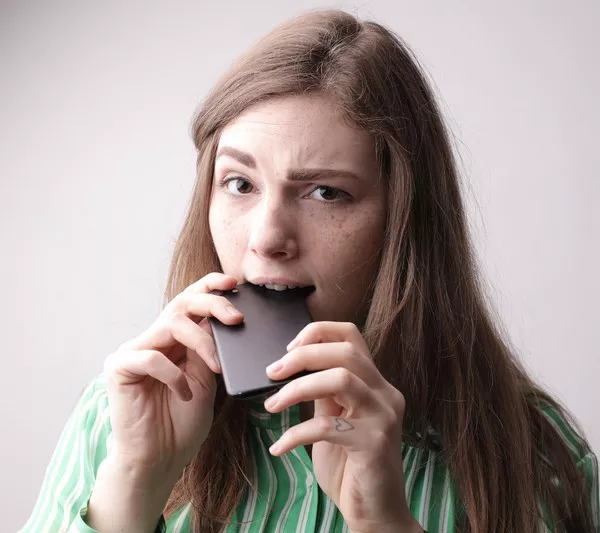In the realm of mental health assistance, a new wave of support has emerged through AI-powered chatbots, offering a potential solution to the scarcity of therapists. However, amidst their proliferation, questions linger regarding their reliability and classification as a form of treatment.
Meet Earkick, a mental health chatbot featuring a bandana-clad panda, evoking a playful demeanor reminiscent of a children’s cartoon. Engage with the app, and it responds with empathetic and reassuring messages akin to those delivered by trained therapists. Suggestions range from guided breathing exercises to methods for reframing negative thoughts or managing stress.
Karin Andrea Stephan, co-founder of Earkick, emphasizes a distinction: while the service bears similarities to therapy, it refrains from explicitly positioning itself as such. Stephan, a former professional musician and serial entrepreneur, underscores the discomfort associated with such categorization.
The ongoing debate over whether these AI-driven chatbots provide a therapeutic service or merely represent a novel form of self-help is pivotal within the burgeoning digital health landscape.
Earkick is among the myriad free applications marketed to address the prevalent mental health crisis among adolescents and young adults. Given their avoidance of claims related to medical diagnosis or treatment, these apps currently elude regulation by the US Food and Drug Administration (FDA).
However, the advent of generative AI-powered chatbots prompts a reevaluation of this hands-off approach. Such technology, leveraging extensive datasets to simulate human conversation, raises concerns about efficacy and oversight.
Advocates argue that chatbots, with their accessibility and lack of associated stigma, offer a viable alternative to traditional therapy. Yet, without regulatory scrutiny, the efficacy of these interventions remains uncertain, asserts Vaile Wright, a psychologist and technology director with the American Psychological Association.
While chatbots do not replicate the nuanced dynamics of face-to-face therapy, Wright contends they could serve as a resource for individuals grappling with less severe mental and emotional challenges.
Despite disclaimers on Earkick’s website asserting non-provision of medical care or diagnosis, some legal experts argue for more explicit warnings to users regarding the app’s limitations.
The adoption of chatbots gains traction amid a persistent shortage of mental health professionals. Initiatives like the UK’s National Health Service deploying Wysa and various US entities offering analogous programs underscore their growing role in supplementing traditional care models.
Dr. Angela Skrzynski, a family physician in New Jersey, notes patients’ receptiveness to chatbot interventions amid lengthy waitlists for therapy appointments. At Virtua Health, the introduction of Woebot, a password-protected app, alleviates the strain on resources while providing a semblance of support to individuals in need.
Founded in 2017 by a Stanford-trained psychologist, Woebot represents a stalwart in the domain. Unlike counterparts utilizing generative AI, Woebot relies on meticulously crafted scripts authored by company personnel and researchers. This approach, according to founder Alison Darcy, prioritizes safety in healthcare settings, steering clear of potential pitfalls associated with AI-generated content.
Despite its established presence, Woebot’s offerings lack FDA approval, with ongoing evaluations to ascertain their safety and efficacy. Concerns persist regarding the recognition of emergent situations, with instances highlighting potential shortcomings in app responses to suicidal ideation.
Scholarly scrutiny reveals mixed findings regarding the impact of chatbots on mental health outcomes. While some studies suggest short-term symptom alleviation, long-term effects remain nebulous.
Critics caution against overreliance on chatbots, positing a risk of diverting individuals from established therapeutic modalities. Calls for regulatory oversight, akin to FDA scrutiny of medical devices, underscore the need for vigilance in integrating technological innovations into mental healthcare provision.
In navigating this evolving landscape, healthcare systems prioritize comprehensive understanding and evaluation of these interventions to ensure their alignment with the overarching goal of enhancing mental well-being. Dr. Doug Opel, a bioethicist at Seattle Children’s Hospital, advocates for a nuanced approach to technology adoption, prioritizing the welfare of individuals’ mental and physical health.



















